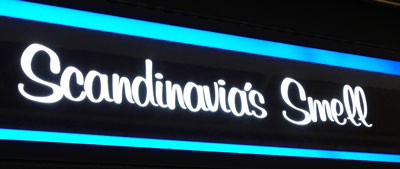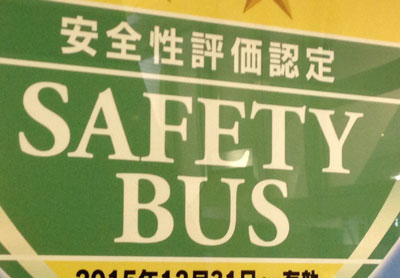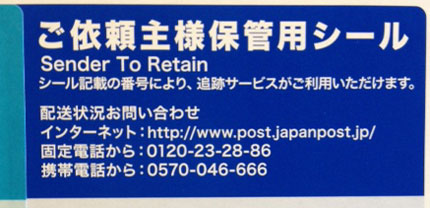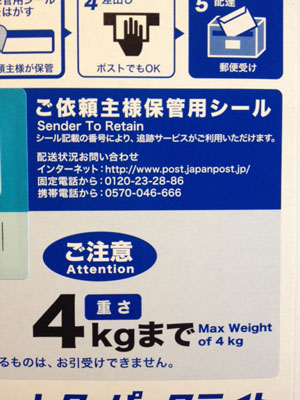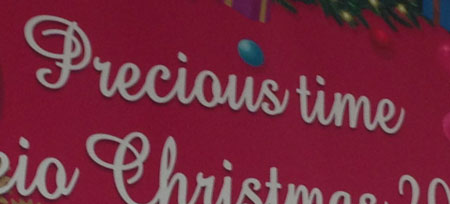
X Waste dumping is banned by a law.
Tim says:
In terms of grammar, this is not so bad. But it sounds unnatural.
Normally, rather than saying that any certain particular law prohibits something, we’ll use “law” as an uncountable noun.
Also, “waste” makes me think of “human waste”, but I’m sure that on this sign it means “garbage”! Also, it’s a little unclear where you shouldn’t dump garbage. It’s ok to “dump” it at a garbage pickup spot! For example, we could say this:
O Dumping garbage on the street is banned by law.
Ayumi says:
「不法投棄は法律で禁止されています」という感じでしょうか?
ここでは、日本人英語の弱点2つが見られます。
1つは、冠詞に関して。
私もby the lawとlawに冠詞をつけてしまいそうですが、特定な法律のお話ではなく一般的な法律を言っています。そんなときには lawは不可算名詞となりby lawが自然です。もうこのような言い方なのだとそのまま覚えてしまうのが良さそう。
もう1つは、日本人社会のハイコンテクストさとでも言いましょうか。
dumping だけで、どこでのことを言っているのかわかるでしょ?とのニュアンス。確かに日本語では「ゴミを捨てるな」と言えばどこに捨てたらいけないのかはわかると の共通認識がある。でも英語ではそうはいかずに「道に捨ててはいけない」と場所も情報としてきっちり入れるのが自然です。
田中亜由美は「TOEICテスト クロストレーニング PART 1・2」などの本は販売中!ブログはこちら.
周囲にある英語を見て、果たしてそれが正しい英語なのだろうかと感じる英語はありますか?「あの英語は絶対に間違っている」という英語の表記はありますか?看板の写真を撮って、Machigai.comに送りましょう!とんでもない英語だったら、このコーナーで出します!






